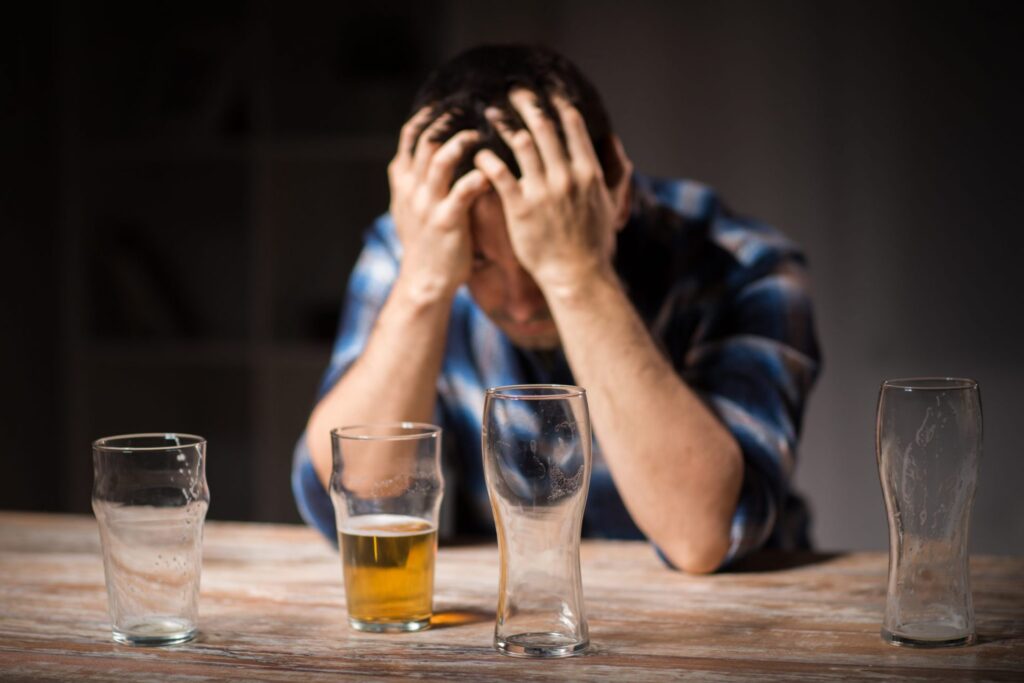The American criminal justice system makes a point of punishing people more if they intentionally do something that breaks the law. When a criminal act is done intentionally, it means that the person doing it considered other options, and yet still decided to take the course of action that they did. The law thinks that this is more of a problem than when people do something illegal without really intending to do it.
This is why Maine and many other states in the U.S. use four different mental states in their criminal laws – intent, knowledge, recklessness, and negligence. Most criminal statutes require a defendant to commit the crime while under one of these mental states in order to be guilty of the crime. However, one problem with these states of mind is that alcohol or drugs can drastically impact someone’s ability to function. That’s why, as we discussed in a recent blog post, Maine allows voluntary intoxication to be a defense to criminal charges if the crime requires you to act intentionally or knowingly, but not if it only requires you to act recklessly or negligently.
Now, though, there is a movement to recognize the fact that intoxication and addiction are two different things, and that addiction should be treated differently.
Intoxication and Addiction
A key piece of how Maine handles intoxication for criminal charges is that it differentiates between voluntary and involuntary intoxication. Being involuntarily intoxicated – if someone else drugs you and you then commit a crime – is a complete defense to any subsequent criminal charge. However, being voluntarily intoxicated – by either drinking too much at the bar or by taking drugs – only helps you in some cases.
However, some people are so reliant on alcohol, or especially drugs, to function that it’s a legitimate question as to whether they’re voluntarily or involuntarily intoxicated. Some drugs are so addictive that developments in psychiatry and neuroscience have found that they drastically change how the brain works.
Recently, a law review article argued that it’s about time the law caught up with these developments, and stopped treating people who are addicted as if they were voluntarily under the influence of something. While the logistics of doing this in a court of law are steep, the changes are long overdue, and can prevent some of the harshest outcomes that the criminal justice has been producing over the past decades.
Maine Criminal Defense Attorney William T. Bly
Oftentimes, criminal acts are done by people who are under the influence of drugs. They can’t create a full understanding of what they’re doing at the time, and this leads them to make a bad decision that puts them on the wrong side of the law. Unfortunately, many times these people are addicted to drugs, making it a stretch to say that they wanted to be under their influence. When the law then treats these people the same as it treats someone who was in full control of what they were doing, it’s not fair, and justice is not served.
If you’ve been charged with a crime in the state of Maine, reach out to criminal defense attorney William T. Bly for the legal help you need: Contact him online or call his law office at (207) 571-8146.</a


